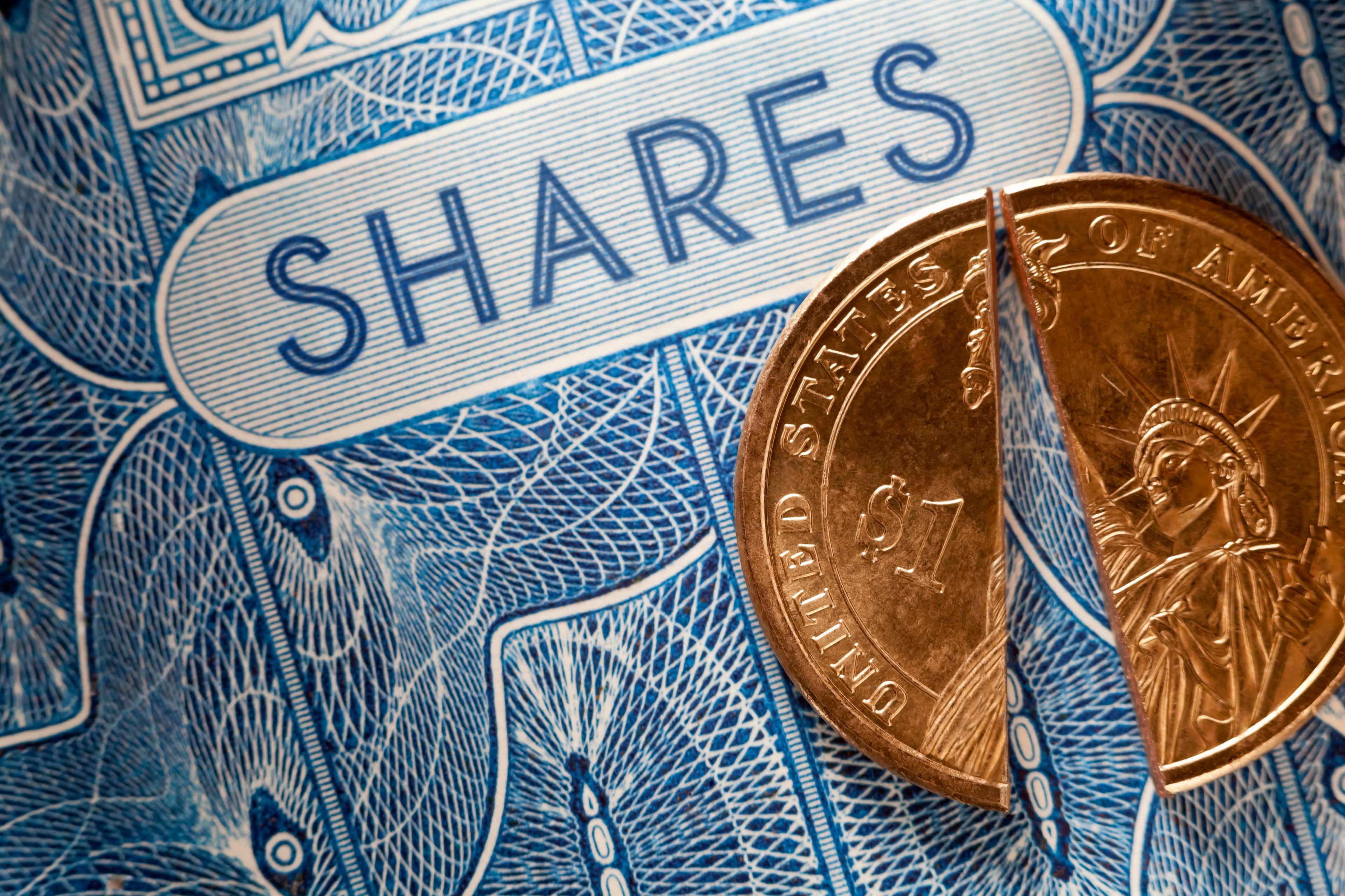Snap (SNAP +1.95%) isn't very interested in making its app more accessible in poorer countries with inferior internet connectivity. An ongoing lawsuit against Snap even alleges that CEO Evan Spiegel said he has no interest in expanding "into poor countries like India and Spain." Indeed, Snap's user growth outside North America and Europe completely stalled in the fourth quarter last year, and it's vastly underpenetrated there, with just 39 million users.
Meanwhile, Facebook (FB 1.41%) has gladly picked up the mantle. It launched Instagram Stories last August and has quickly amassed 200 million daily users, more than Snapchat's 158 million. Earlier this year, it started expanding the format to its other apps. WhatsApp Status, the WhatsApp incarnation of Stories, rolled out around 10 weeks ago, and already it has 175 million daily users, as revealed in Facebook's first-quarter earnings call. Considering Snapchat's popularity in North America, many of these users are probably coming from international markets.

Image source: Instagram
Building on its popularity
The main factor that allows Facebook to quickly scale these new products is that it already has scale. Facebook sports nearly 2 billion monthly users. It's relied on the size of its flagship app for years now to scale Instagram and Messenger. Both of those apps are now massive, with 700 million and 1.2 billion users, respectively. It bought WhatsApp when it had 450 million users, and Facebook has helped it scale to 1.2 billion users.
Inserting a new feature into one of those apps means it will be seen by hundreds of millions of people right away. There's no need for it to climb the charts in the app store or do any extra marketing. The pre-existing social network means they can grow very popular very quickly. Case in point: WhatsApp Status.
That stands in direct contrast with what Snap management wrote in its S-1 filing: "It's difficult to use distribution ... as a competitive advantage."
Building on its pre-existing efforts
Unlike Snap, Facebook is actively investing in emerging markets such as India to improve connectivity and make its apps more accessible. It's building new technologies and working with telecoms and internet start-ups in poorer markets to make the internet faster and more affordable. It's also working on improving the efficiency of its apps, so that they run better on slower connections.

WhatsApp Status. Image source: WhatsApp
These efforts give Facebook a massive advantage over Snapchat in emerging markets. Not only does it have a stronger brand and bigger social network, but its apps simply work better as well.
Snapchat may be waiting for infrastructure in those countries to catch up to its app requirements. But by the time connectivity improves, Facebook will have already won the users on apps they already use. Consumers will have no reason to download yet another app.
Building on existing infrastructure
One of the big things holding back Snapchat from going after developing markets is that bandwidth costs are generally higher in those countries. Snapchat already operates at a negative gross margin, as it pays high server costs to cloud computing companies. Its cost of revenue would only increase as a percentage of revenue in emerging markets, where ad spend is generally lower per user and bandwidth costs are higher.
But Facebook already delivers tons of data all over the world. It has its own data centers, and it's able to drive maximum efficiency from them because it's so large. As a result, its cost of revenue is significantly lower than Snapchat's, giving it much more reason to pursue emerging markets more aggressively.
In addition, since Facebook has tons of ad-targeting data on users across its apps from WhatsApp to Facebook -- especially compared with Snap -- it's able to generate more revenue per user. Granted, average revenue per user (ARPU) is still much smaller than in the U.S. and Canada, but even Facebook's rest-of-world ARPU of $1.41 in the fourth quarter is more than Snap's global average of $1.05.
So not only does Facebook have the advantages in distribution and technology to make its apps more popular than Snap's, but it also has the potential to make a lot more profits in emerging markets.







